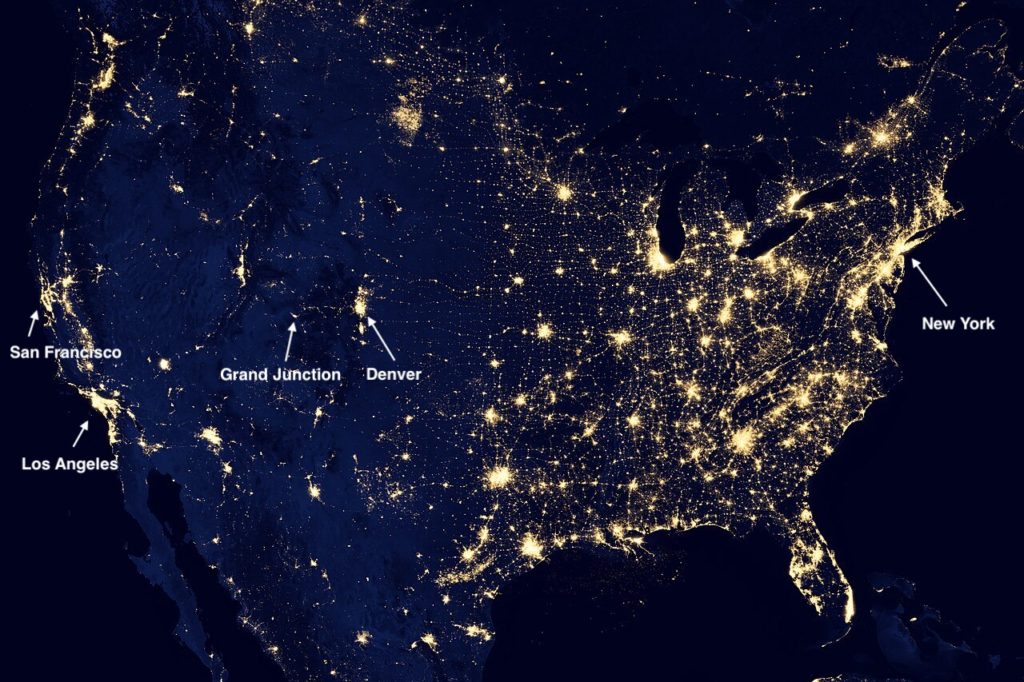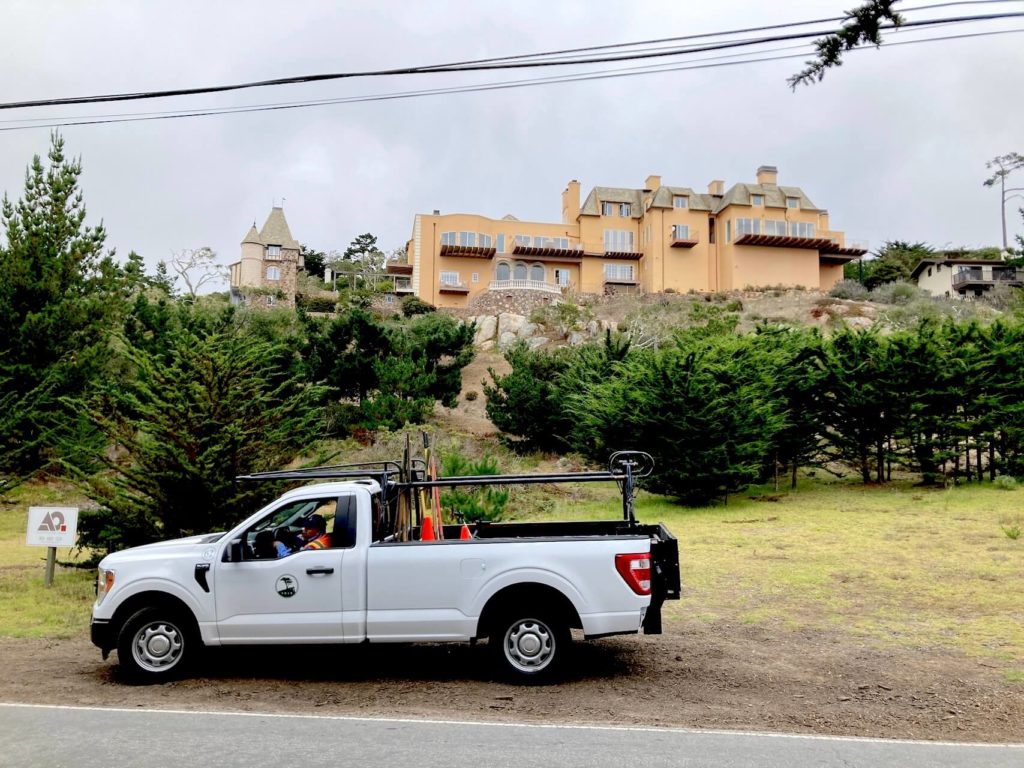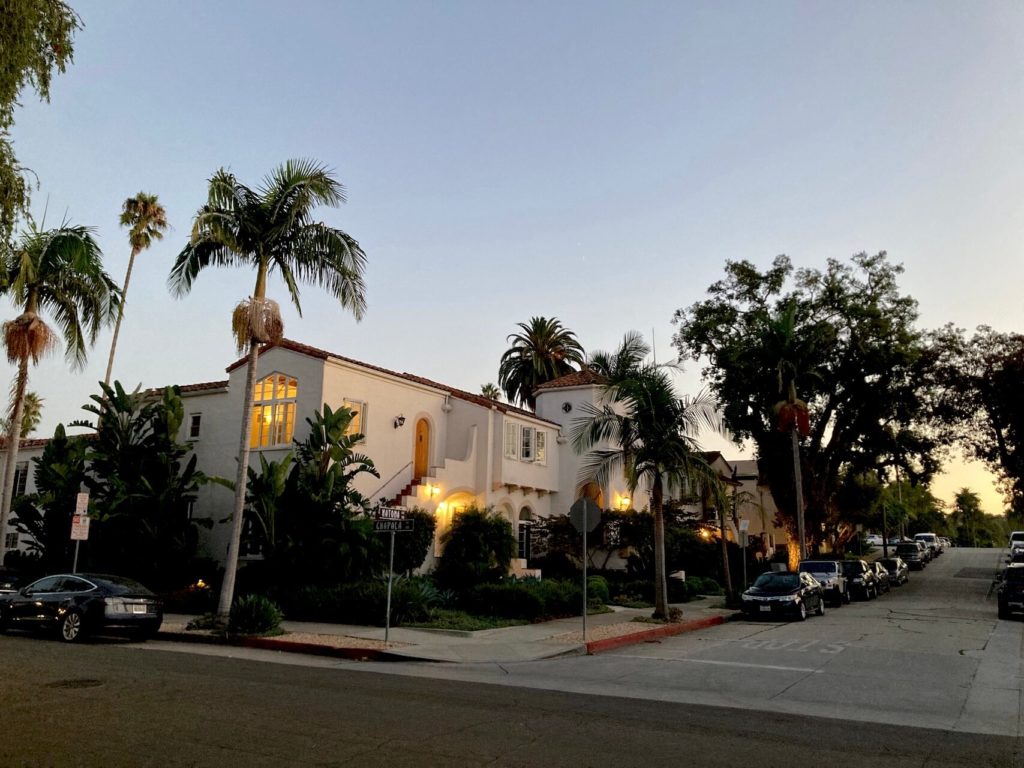TL;DR: A few impressions that the US left on a Western European.
Observation 1: The US is huge. HUGE
And diverse.
The United States’ so-called “Lower 48”, the contiguous landmass between Canada and Mexico, cover an area of 8,080,464.3 km2 For comparison, the EU adds up to 4,233,255 km2. That’s a lot of land. And while the population of 330 million people is also sizable, it’s not enough to fill up this area. As a consequence, settlements are few and far between, especially in the Great Plains, the Mountain States and the desert regions. I think it’s hard to truly appreciate the scale of this nation if one hasn’t visited it (or one of the few other mega-countries: China, Brazil, Russia, Canada, Australia, and possibly India). Thanks to the extensive size, the country is home to umpteen ecosystems, from swamps to rainforests to deserts.
Regarding people: Before I came here, when I heard “US”, my brain unwittingly pictured it as a mostly English-speaking country with a relatively homogenous culture. I knew of course that there are Black, Hispanic and Asian Americans, but I couldn’t help that my image of Americans was White. But this doesn’t do the country justice. The diversity of skin colors you see is striking, creating a vibrant atmosphere – super cool! In New York, far away from Mexico, I found supermarkets where the employees spoke Spanish, but no English. And the constituent states often greatly differ in their laws, tax systems and economic structure. Maybe they’re not as different from each other as the European states, but I’d guess more than most Europeans think.

Observation 2: The inequality hits you
One the one hand, you see neighborhoods with literally hundreds of this:





On the other hand, you see this:
Not once, not twice, but I encountered homelessness almost every day.
Sorry, America: This is crazy. Clearly a colossal failure of your society and political system. How can it be that such a rich economy has a part of its population living in such misery? Those people need help, and they need it now!
Observation 3: Risk-taking is embraced
Never before I’ve met so many people who were not afraid to chase their ideas. For example, there’s an insane number of supermarkets, laundromats, clothing stores etc. that are run by their owner and possibly a few employees. A visible sign of people doing their thing. Big chains like Starbucks, Walmart or McDonalds exist, but don’t dominate. Through many talks, I learned that it’s culturally very accepted to take risks. Fancy studying music? Becoming a Broadway performer? Developing some new tech gadget (and selling it to people who don’t need it)? Go for it! I told some people I considered opening a bar even though I studied electrical engineering, just to see the reactions. Most responded something like “Yeah dude, just do it! You’ll see if it works. If not, there will always be another door open.” Failure is not a sign of weakness, but a sign that you had the guts to try something. Also, hard work and success are celebrated, not envied. That really impressed me.
The downside is Observation 2: If you land on the streets, it’s gotta be your fault. Because while failing with a business venture doesn’t hurt your reputation, not working does. I’m oversimplifying here, but some people completely forget that bad things can happen to you and that there are structural inequalities. If we could combine America’s risk culture with European-style welfare to help people in difficult circumstances, that would be awesome!